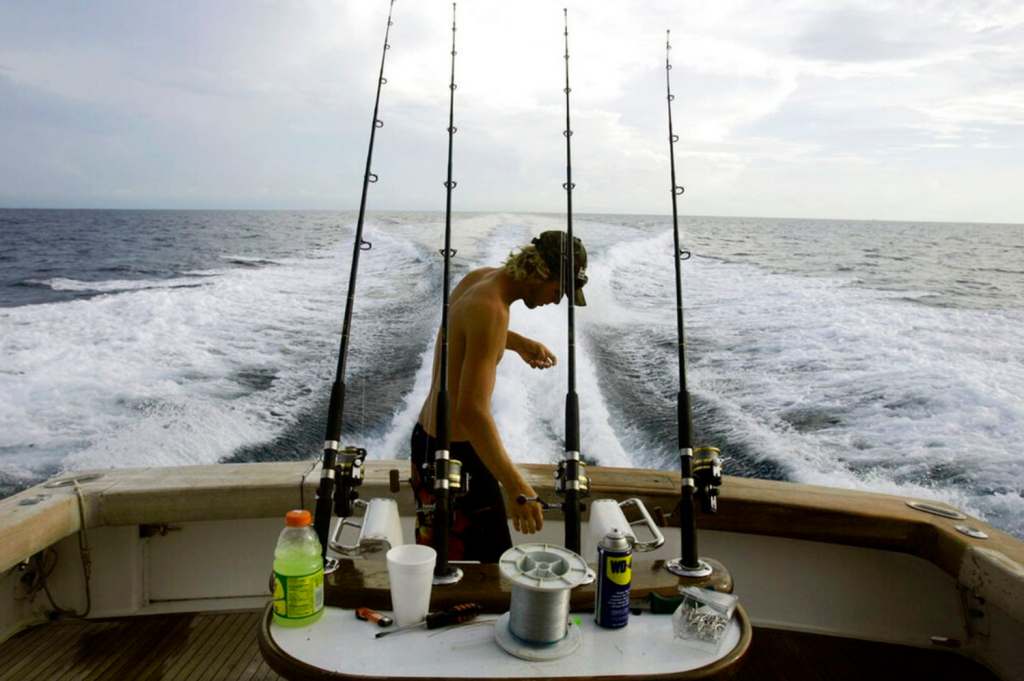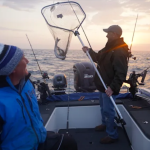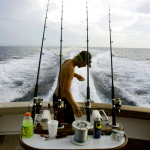Alarming Findings in South Florida Waters
A groundbreaking study has revealed a disturbing trend in South Florida’s aquatic ecosystems: fish are inadvertently consuming a cocktail of pharmaceutical drugs. This phenomenon, while initially evoking bemused reactions, carries profound implications for marine life and potentially human health.
The Scope of the Problem
Researchers from Florida International University and the Northern Fish and Chub Foundation conducted an extensive three-year study, examining 93 northern pike in South Florida waters. The results were startling:
- Every single fish tested positive for drug contamination
- On average, each fish contained seven different drugs
- Some specimens harbored up to 16 distinct pharmaceuticals
The detected substances ranged from anti-anxiety medications like Valium to antihypertensives and antidepressants.
The Source and Impact
The primary source of this pharmaceutical pollution is human waste. Florida’s 4,000 waste treatment plants lack the sophisticated filtration systems necessary to remove these drugs from wastewater before it re-enters the environment.
Nick Castillo, a lead scientist on the project, expressed concern over the ubiquity of the contamination: “We found drugs everywhere, and there was hardly a place where the fish weren’t exposed to drugs, which is surprising.”
Potential Consequences
The presence of these drugs in marine life poses several threats:
- Altered behavior in affected fish species
- Disruption of reproductive patterns
- Potential collapse of local fisheries
- Loss of a “very valuable ecosystem“
Future Research and Implications
The study is now expanding to investigate the potential effects on human health from consuming contaminated fish. This research underscores the urgent need for:
- Upgrading waste treatment infrastructure
- Developing more effective drug disposal methods
- Raising public awareness about proper medication disposal
A Call to Action
This crisis serves as a stark reminder of the interconnectedness of human activity and environmental health. As we continue to introduce pharmaceuticals into our waterways, we risk not only the health of our marine ecosystems but potentially our own well-being. Addressing this issue will require concerted efforts from policymakers, scientists, and the public to safeguard our aquatic resources for future generations.







